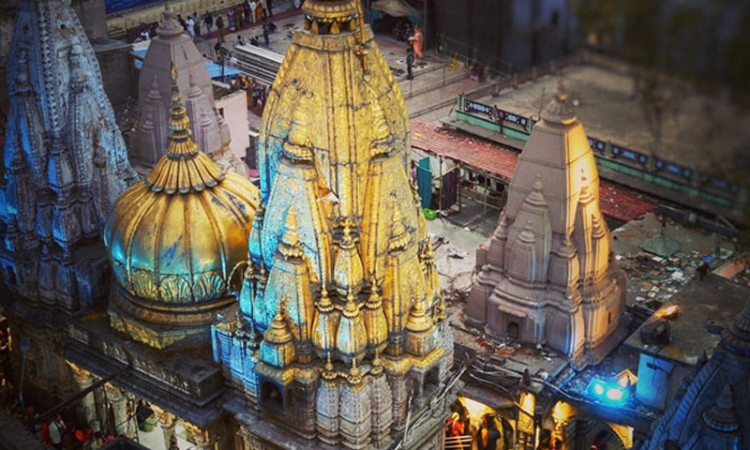Allahabad High Court Dismisses PIL Challenging 'Sugam Darshan' System Of Kashi Vishwanath Temple
Sparsh Upadhyay
30 Nov 2021 8:24 PM IST

Next Story
30 Nov 2021 8:24 PM IST
The Allahabad High Court last week dismissed a PIL (Public Interest Litigation) plea challenging the 'Sugam Darshan' system in the Shri Kashi Vishwanath Temple in Banaras, UP, which provides for 'VIP' (Very Important Person) mode of 'darshan' on payment of some amount.The Bench of Justice Manoj Misra and Justice Sameer Jain observed that the decision of the Board of Trustees of providing for...
